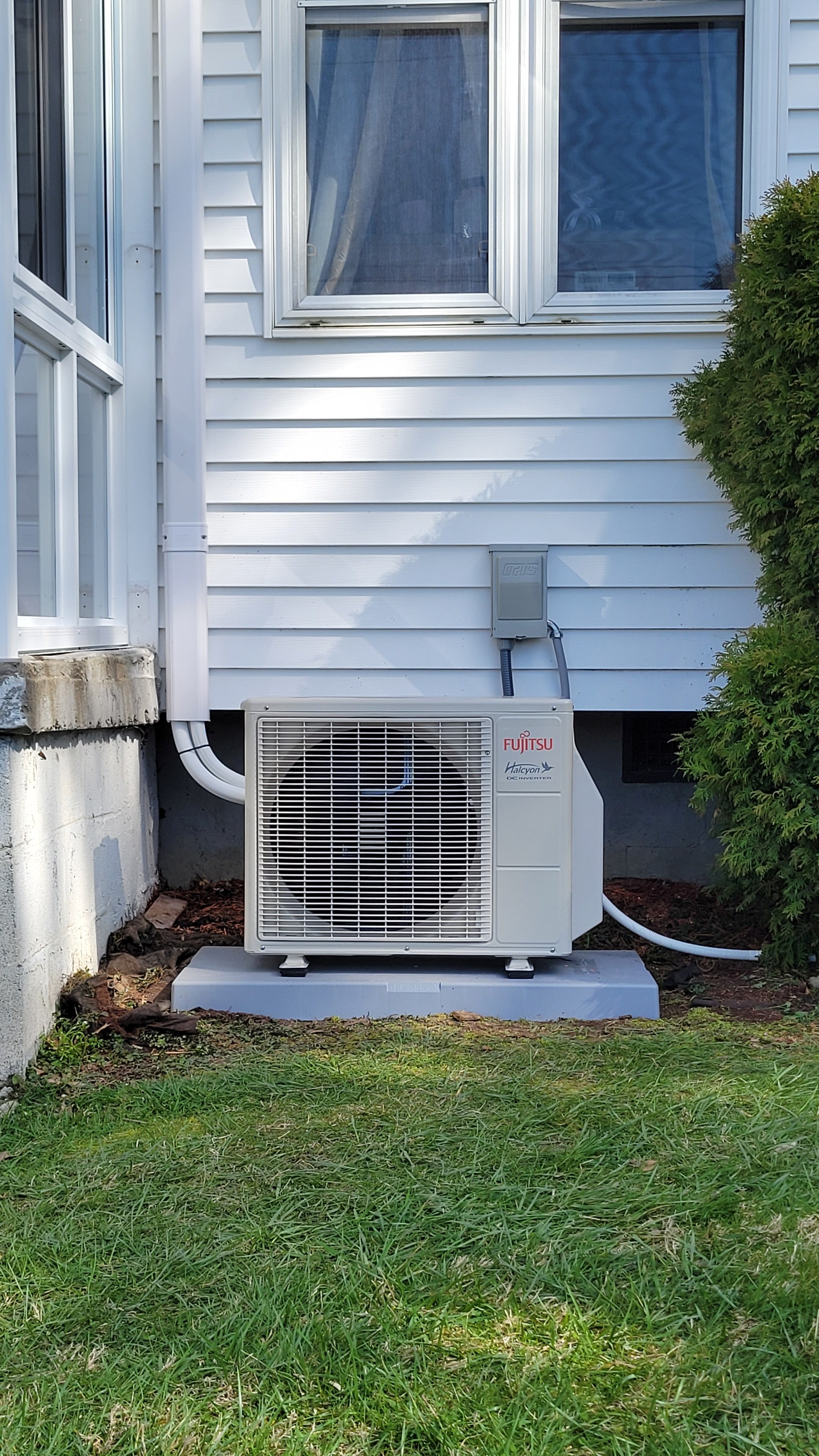
Get matched with top gas log pros in Smith Center, KS
Enter your zip and get matched with up to 5 pros
Need a pro for your gas log service project in Smith Center, KS?
Verified Reviews for Gas Log Service pros in Smith Center, KS
*The Angi rating for Gas Log Service companies in Smith Center, KS is a rating based on verified reviews from our community of homeowners who have used these pros to meet their Gas Log Service needs.
*The HomeAdvisor rating for Gas Log Service companies in Smith Center, KS is a rating based on verified reviews from our community of homeowners who have used these pros to meet their Gas Log Service needs.
Last update on November 20, 2025
Find Gas log pros in Smith Center
No results for Gas log pro in
Try adjusting your search criteria.The homeowners guide to home care is here
From average costs to expert advice, get all the answers you need to get your job done.

The average lawn mowing cost runs between $50 and $200 depending on factors like your lawn’s size and shape. Here’s what to expect.

How much it costs to rent a lawn aerator depends on what kind you rent and how long you rent it for. Read on for the full details.

The cost to reseed a lawn can vary depending on the size of your yard and the condition of the soil. We’ll help you figure out the true cost of reseeding or overseeding your lawn, along with whether or not you should hire a professional.

Hard dirt makes it, well, hard for green grass to flourish. Learn how to moisturize and feed your soil so grass can grow in this seven-step informational guide.

You can find dozens of different mushrooms in your yard, but they’re not all safe to let grow. Learn more about identifying common yard mushrooms.
How does your garden grow? With these nine tips for raised beds, they’re sure to be elevated—both in height and quality.





